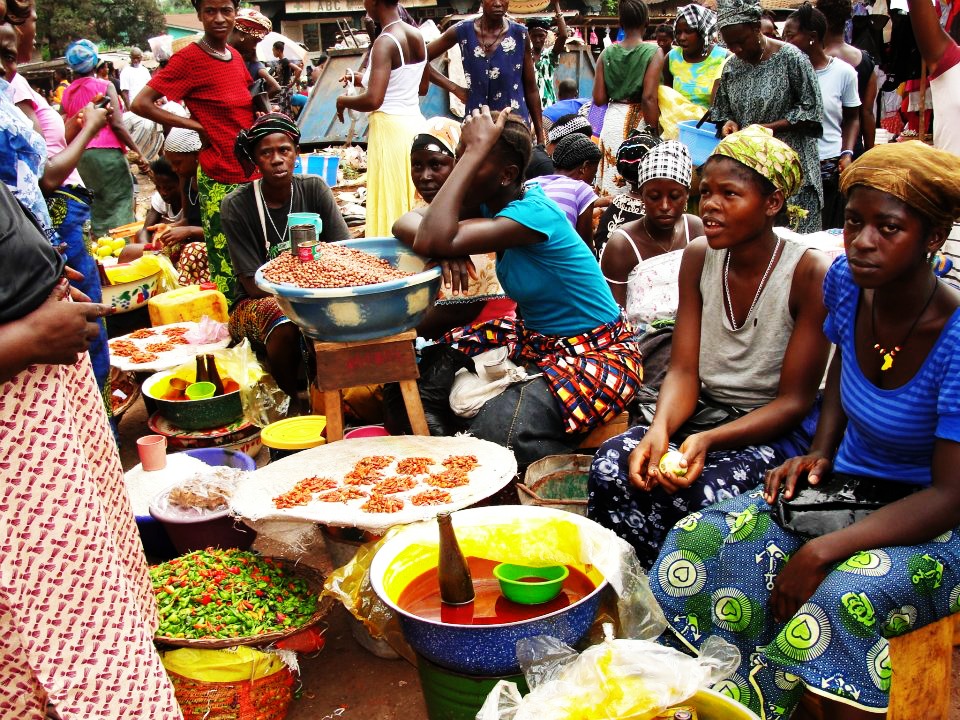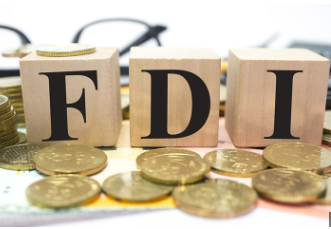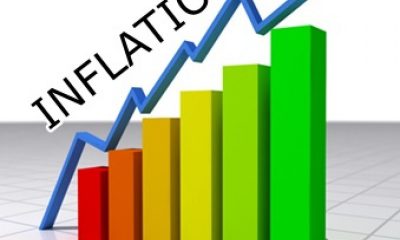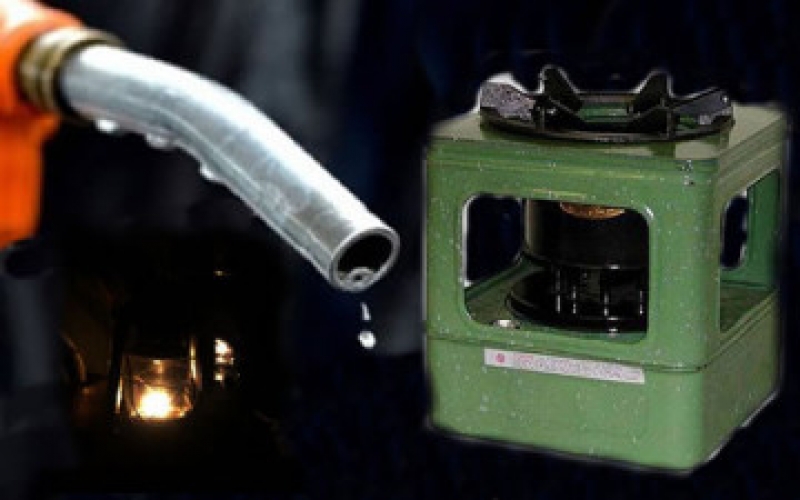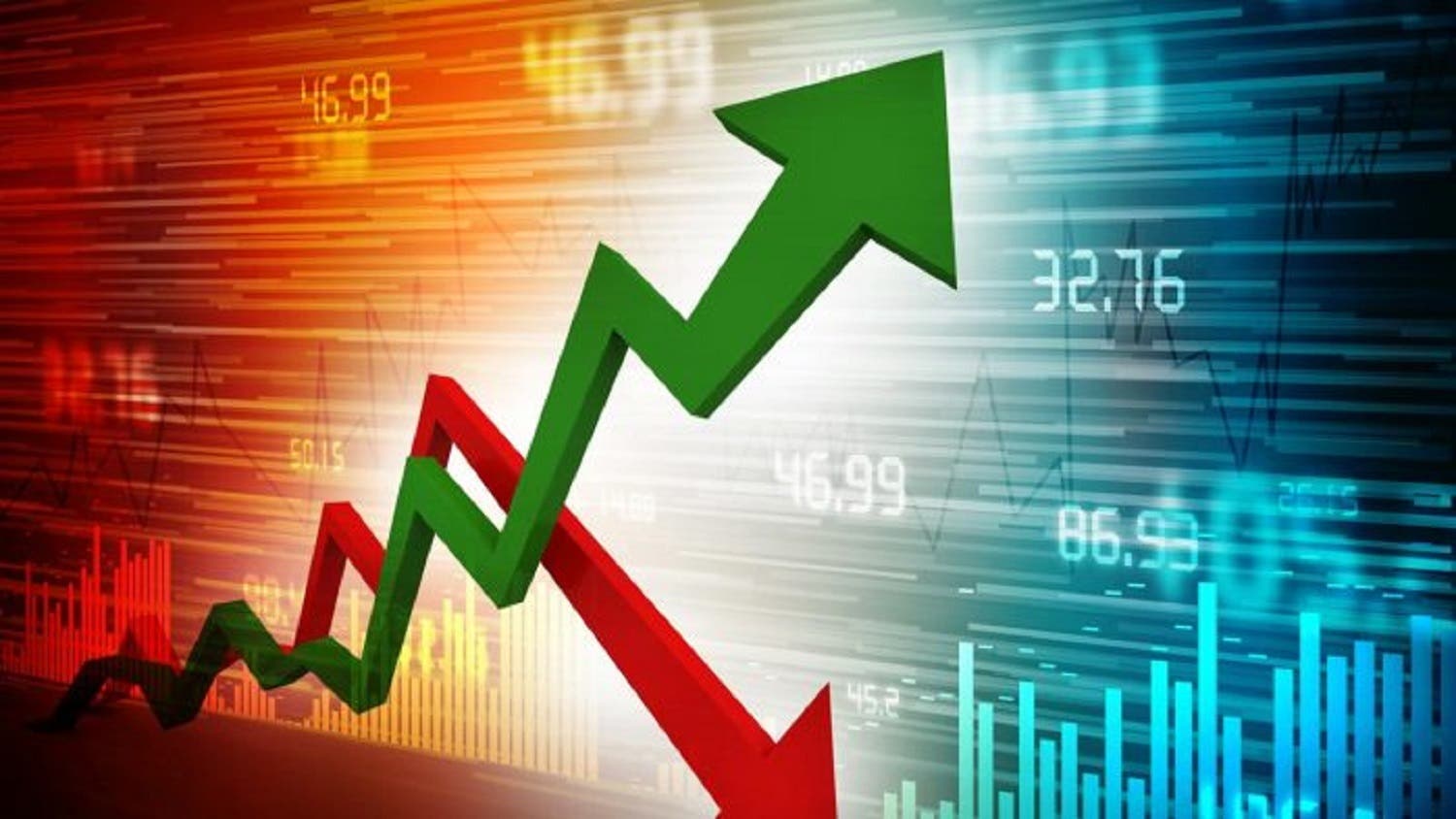… Food prices dip in Ondo, 3 others
Data from the National Bureau of Statistics (NBS) Consumer Price Index (CPI) report on Wednesday indicated that Nigeria’s inflation rate, which climbed marginally to about 11.28 percent in September, dropped slightly to 11.26 percent in October.
In the report seen by National Daily, the CPI, which measures inflation rate for goods and services in the Nigerian economy, decreased by 11.26 percent (year-on-year) in October 2018, about 0.02 percent points lower than the rate recorded in September 2018.
On a month-on-month basis, the report said deadline inflation index increased by 0.74 percent in October 2018, down by 0.09 percent points from the rate recorded in September 2018 (0.83) percent.
The report said increases were recorded in all 12 classifications of individual consumption by purpose (COICOP) divisions that yielded the headline index.
The percentage change in the average composite CPI for the 12 months period ending October 2018 over the average of the CPI for the previous 12 months period, the report said, was 12.78 percent, from 13.16 percent recorded in September 2018.
The urban inflation rate increased by 11.64 percent (year-on-year) in October 2018 from 11.70 percent recorded in September 2018, while the rural inflation rate increased by 10.93 percent in October 2018 from 10.92 percent in September 2018.
On a month-on-month basis, the urban index rose by 0.76 percent in October 2018, from 0.86 percent recorded in September, while the rural index also rose by 0.72 percent in October 2018, down from the rate recorded in September 2018 (0.82) percent.
In the report, food prices in four states – Akwa Ibom, Benue, Kwara and Ondo, experienced negative inflation between September and October 2018.
“In October 2018, food inflation on a year on year basis was highest in Bayelsa (16.36%), Abuja (15.85%) and Taraba (15.27%), while Bauchi (12.17%), Oyo (11.76%) and Plateau (11.36%) recorded the slowest rise in food inflation.
“On month on month basis however, October 2018 food inflation was highest in Kogi (2.28%), Plateau (2.42%) and Nasarawa (2.17%), while Akwa Ibom, Benue, Kwara and Ondo all recorded food price deflation or negative inflation (general decrease in the general price level of goods and services or a negative inflation rate) in October 2018,” the report read.
In August, headline inflation rate rose from 11.14 percent in July to 11.23 percent after maintaining 18 consecutive declines from about 17.78 percent in February 2017.

 Entertainment6 days ago
Entertainment6 days ago
 Health1 week ago
Health1 week ago
 Health4 days ago
Health4 days ago
 Football1 week ago
Football1 week ago
 Football1 week ago
Football1 week ago
 Crime4 days ago
Crime4 days ago
 Education6 days ago
Education6 days ago
 Crime1 week ago
Crime1 week ago
